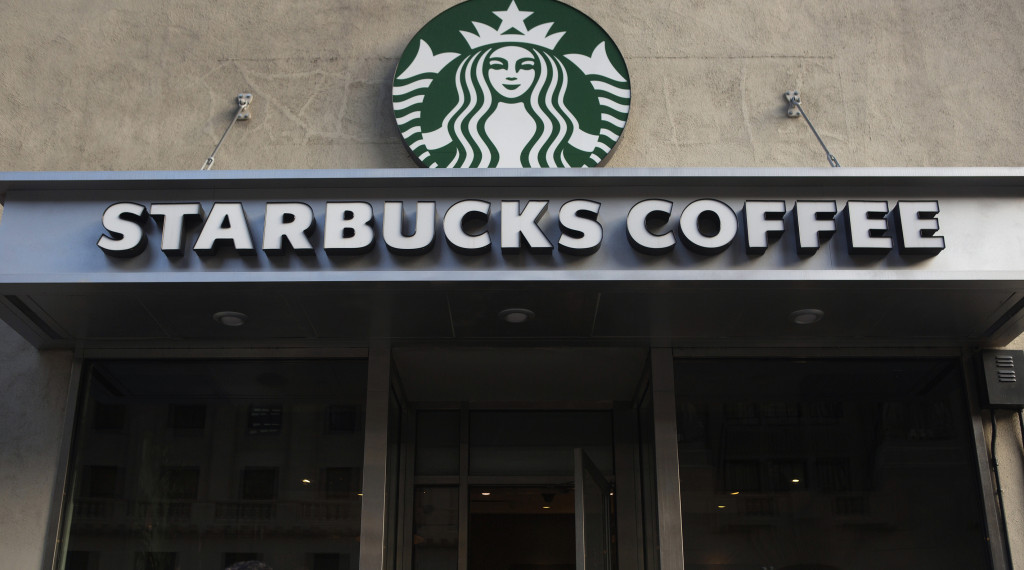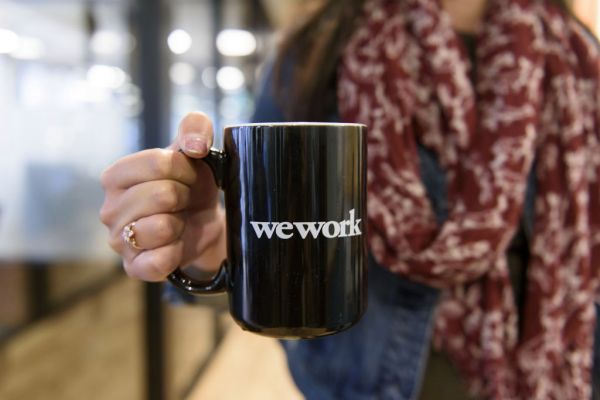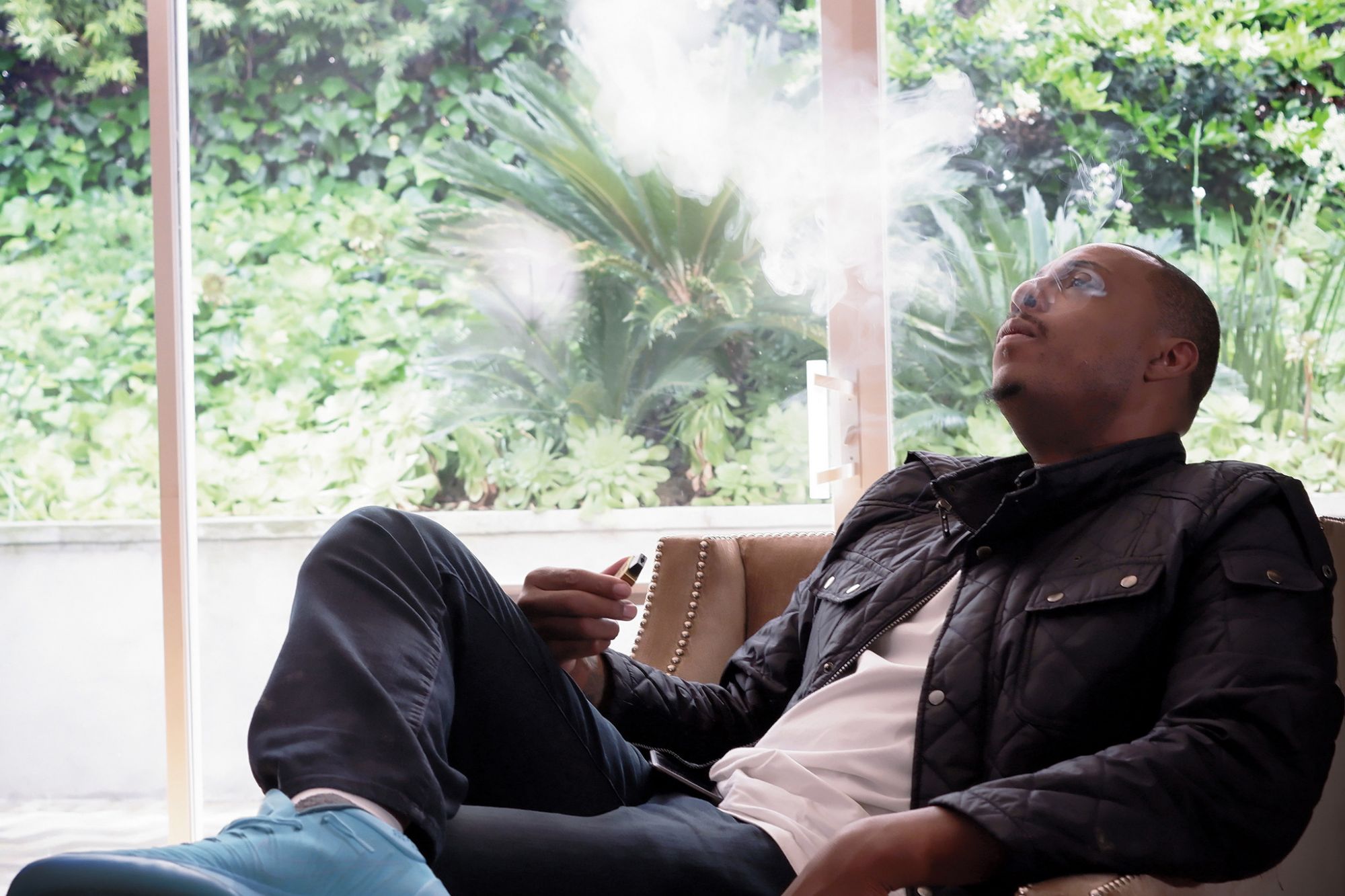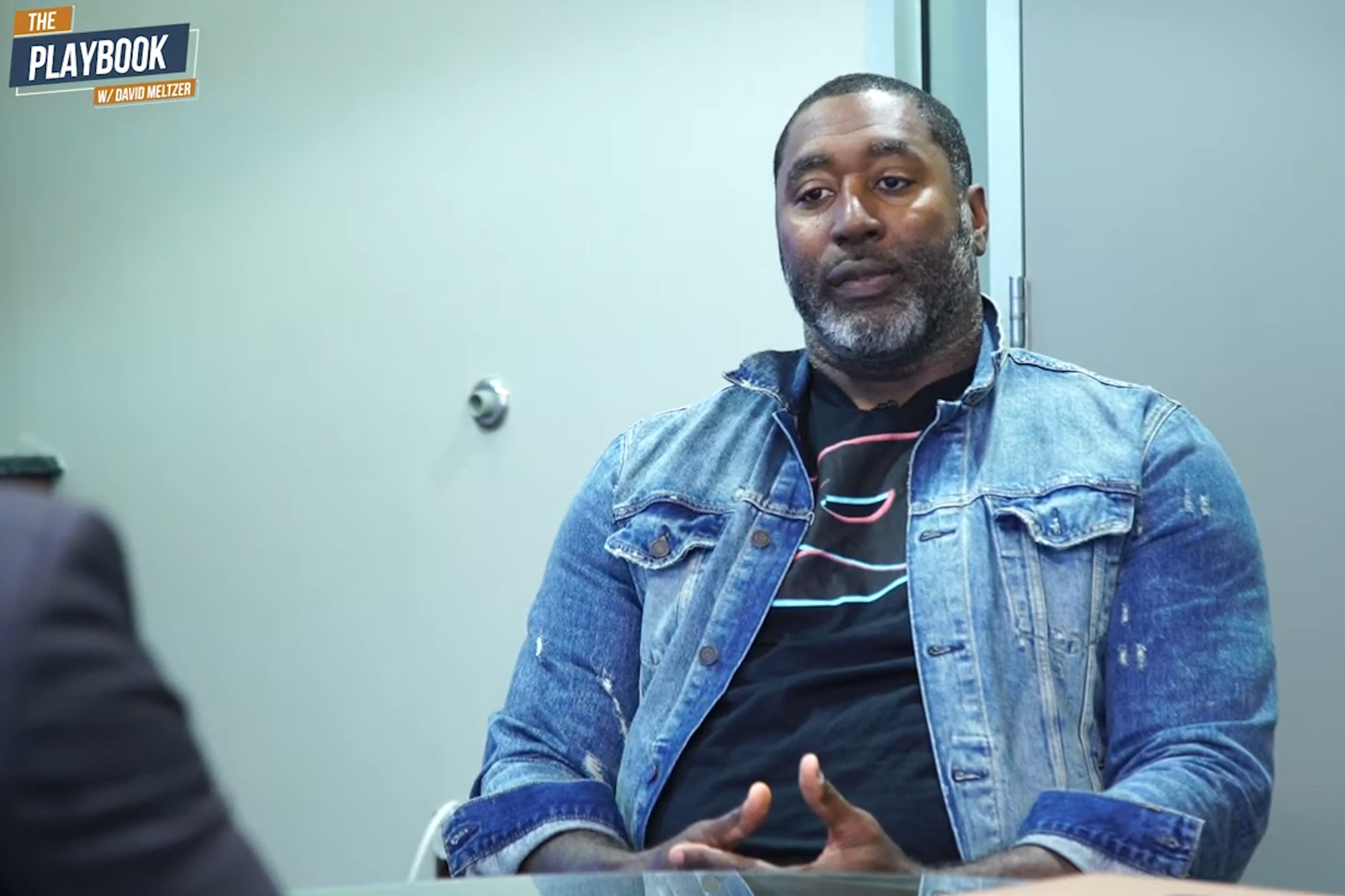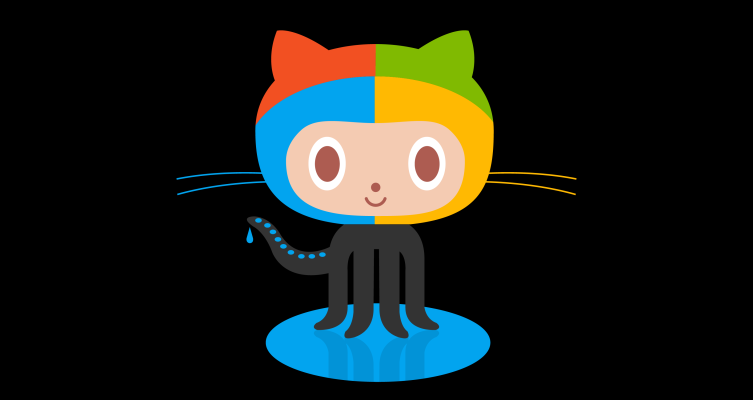By Maura Judkins | Washington Post
Bad news for creeps: Starbucks has announced that it will soon block access to porn websites via the company’s Wi-Fi network. So pervs have only until the end of 2018 to get their jollies in public while sipping on a grande juniper latte.
In January, Starbucks will introduce a content blocker that bans access to pornographic sites while using its free in-store Wi-Fi. Viewing porn at Starbucks has long been banned, but there was no mechanism in place to prevent customers from doing so.
Business Insider reports that the company has instituted the filter after pressure from an outside group that advocated for a porn site ban for years. Enough is Enough, a nonprofit dedicated to internet safety for children, launched a petition encouraging Starbucks to ban porn. It received more than 26,000 signatures.
The group wrote in its petition: “Starbucks is keeping the doors wide open for convicted sex offenders and patrons to fly under the radar from law enforcement and use free, public WiFi services to view or distribute graphic or obscene pornography, child pornography (an illegal crime), or engage in sexual predation activity.”
“To ensure the Third Place remains safe and welcoming to all, we have identified a solution to prevent this content from being viewed within our stores and we will begin introducing it to our U.S. locations in 2019,” a Starbucks spokesman told Business Insider. The company has not elaborated on the content blocker. Starbucks had previously announced it would block porn in 2016 but did not immediately follow through on its promise.
In 2014, the Starbucks Wi-Fi helped Hillsboro, Oregon, police capture a child predator. A registered sex offender was caught downloading child pornography on the Starbucks network there. In 2012, a Sacramento man on the sex offender registry was arrested for viewing child pornography on the Starbucks Wi-Fi.
Starbucks already filters pornography from Wi-Fi at its British locations, and McDonald’s began filtering out porn in 2016. Other restaurant chains with content-restricted free Wi-Fi include Chick-fil-A, Subway and Panera Bread. Public libraries have also waged war against the public viewing of porn – it’s banned in some and widely available in others. In 2o14, Motherboard reported that some librarians were fighting for patrons’ rights to view porn, seeing it as an information-access rights issue. Studies have found that content blockers designed to filter out porn also disproportionately block nonpornographic sites related to LGBT issues and abortion.
Watching porn in public, by the way, not only can make bystanders deeply uncomfortable – which may be why some people do it to begin with – but it’s also considered sexual harassment in certain settings and may result in a disorderly conduct citation.

